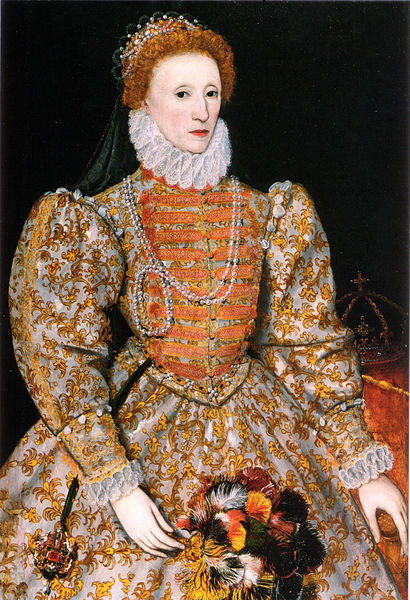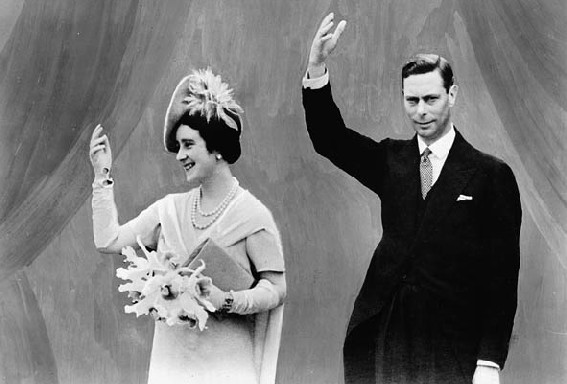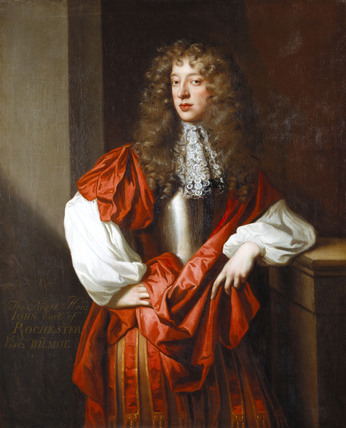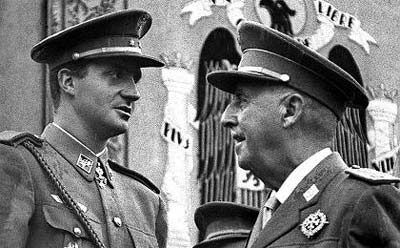Leopoldo María Panero: POE-NERO III (For His Majesty)

Elizabeth I, the Darnley portrait (1575) in which Elizabeth is portrayed with her eternal ‘Mask of Youth’
The poem To The Queen By The Players, probably written in the late 1590s, and attributed variously to Shakespeare or Thomas Dekker, is impressed with Elizabeth I:
most mighty Queen we pray,
Like the dial day by day
You may lead the seasons on,
Making new when old are gone
She will forcibly make the year turn by walking ahead, regally, of summers, autumns, winters and springs – mighty indeed. The presence of the sundial in this poem connects Elizabeth’s majesty to the very fabric of time, and her mastery over ontology. In this case, the Virgin Queen is the supreme being, fierce and Goddess-like, “lending” a “circular account” to time that proves her grip on it. Of course, Shakespeare, Dekker and others like them, required Elizabeth’s patronage, and this may be as much a eulogy to the divine right of kings as it is a pro forma message of thanks before the main event. However, let it be said that kings and queens have a stately voice, and state writers.

King George VI and Queen Elizabeth
Former Poet Laureate Andrew Motion’s ‘dream’ poem-elegy (and a birthday poem) for the late Queen Mother are less eulogistic, noting the gaze of
the century’s eyes
of homage and duty
which understand best
the persistence of love.
It allows the reader a rather more human glimpse of a faraway image, suggesting what should be recognised is “time-tested dignity and pride/ and finished work personified” in the very real coffin of this dead woman. Monarchism or anti-monarchism aside, momentarily at least, it is easy to draw a line between the superhuman powers of Elizabeth I and the rather more earthly but still somehow saintly nature of the woman who is “set free” from the (according to Motion, at least) incredibly burdening life of being a queen, or the mother of one. They are both supreme representatives of humanity on earth who must be lauded, remembered, paid homage to, loved even.
Of course, there are many factors that lead to these representations of monarchs. Elizabeth I brought a comparative calm to England; the Queen Mother is the mother of the second great Elizabeth, whose reign has seen the monarchy modernised and streamlined.

John Wilmot, Earl of Rochester – libertine, wit & rascal
The Earl of Rochester famously lampooned Charles II in his Satyre of 1673/4, crowing:
Poor prince! thy prick, like thy buffoons at Court,
Will govern thee because it makes thee sport.
The Earl, however, made a fatal error, and was forced to flee “from Court […] for delivering (by mistake) into the King’s hands a terrible lampoon of his own making against the King, instead of another the King asked him for.” His disgust for his king left his career in tatters (for seven weeks) but his message is strong:
All monarchs I hate, and the thrones they sit on,
From the hector of France to the cully of Britain.
Spain, too, has had its fair share of kings and queens. Its most recent king returned from exile, with Franco’s blessing, in 1948 for his education. Indeed, Juan Carlos could be described as Franco’s protégé, and was made his successor. Juan Carlos also played a pivotal role in quelling the coup d’état by the military on 23rd February 1981. He appeared on television urging people to support his democratic government. This transition period is generally perceived to be a reversal of Spain’s fortunes, a movement from dictatorship to democracy.

Franco & Juan Carlos – Plaza Oriente, Madrid

Franco & Juan Carlos
Leopoldo María Panero disagrees, unsurprisingly. In his 1990 poem Himno a la corona de España (‘Hymn to the Spanish Crown’), he images a haunting space which negates the positivist, colourful Almodóvarian cultural project of a ‘new’ Spain. He dedicates it, menacingly, to Juan Carlos himself, and although the poem is typically elusive, would seem at least in part to be about the King:
Just a clown am I hanging by a thread
faced by this thing that turned Spain to the light
and made the sun burn in a hand of purest white
This ‘thing’, this identity that watches a transitioning Spain from dark to light, echoes Shakespeare’s image of the time-lady, Elizabeth I. It holds the sun in its palm, which burns with a ferocious, almost alien intensity, and exercises control over its environment. But it is not a person, as such, not even a great symbolic image of one – it is a thing. This strange, inhuman quality is compounded by the Virgin Queen’s white hand, which here withstands the unearthly heat of the sun. A clown hangs before this supernatural scene, Panero or one of his alter egos, mockingly cringing like a court jester. But who is the subject of the joke here? Spain, possibly, trapped in the glare of this terrible ‘thing’, the monstrous ‘child’ of Franco, who is now, via Juan Carlos, horribly immortal.

The stags smoulder like memories on the heath
and the shepherds come to forget their dreams
and the King, icy-browed, lets his hand fall
as he offers me a pearl that is dissolved by the air
There is something uncanny happening. Nature resembles memory, burning in the light of the terrible sun. The shepherds – the populace of Spain, at a stretch, or the bearers of gifts for the awful new monarch – must forget their desires. Memory and dreams – hopes, fears and thus our understanding of temporality (the past, present and future) – are on fire. Time itself is on fire, and Spain is imploding under the terrible weight of its “icy-browed” King. It is uncanny also because the bright white light of the King seems cold, freezing even, which intimates yet more entrapment in this state of the New Franco, an ice-cold Spain where Nature has been inverted, and its plains and heaths are no longer basking in sunlight.

so pale and entire, much finer than the wind
is the Spanish crown, chased only
by the wind barking on the sleepless plain
where Don Juan weeps for his mislaid figurine.
The final four lines of the poem present an apocalyptic environment, where the windswept plain allows only a kind of eternal wakefulness, a terrible torture. The ghostly, white-cold, pearly image of the crown is shown to be at best ephemeral, at worst useless. Panero watches as something, or somebody, resembling King Juan Carlos of Spain is reduced to tears out in this weird landscape. He is looking for his toys; his monstrous Daddy is not there to help. He is looking for himself, the sculpted form perfected by his mentor. He is not himself.
Transition to democracy? Panero doesn’t seem to think so.
